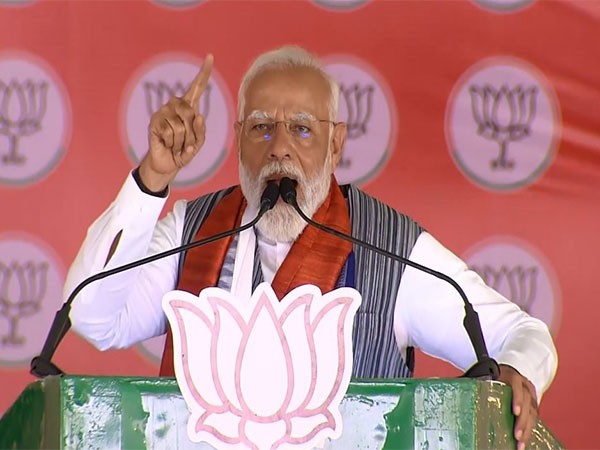Prime Minister Narendra Modi, in a public address in Munger, Bihar, on April 26, took a strong stance against the Rashtriya Janata Dal (RJD), blaming it for the hardships faced by the people of Munger during its rule, which he referred to as the “dark era” of “Jungle Raj.”
The Prime Minister accused the Congress and RJD of intending to “loot” the wealth of the people for the benefit of their “special vote bank.” He contrasted this with the governance model of the National Democratic Alliance (NDA), which he described as one of satisfaction (santushtikaran), in opposition to the Indian National Democratic Alliance’s (INDI) model of appeasement (tushtikaran).
PM Modi underscored the NDA’s commitment to inclusive development, stating that his government has ensured that no one is left behind. He highlighted the various amenities provided by his government, such as toilets, gas, electricity connections, and water facilities, in addition to free ration and medical treatment.
He emphasized, “We never asked anyone about the religion or caste of the beneficiaries…anyone who is eligible will get the benefits. This is true secularism and true social justice.”
Political Implications
The Prime Minister’s comments come at a time of significant political shifts in Bihar. His critique of the RJD and the contrasting governance models is likely to stir the political discourse in the state further.



